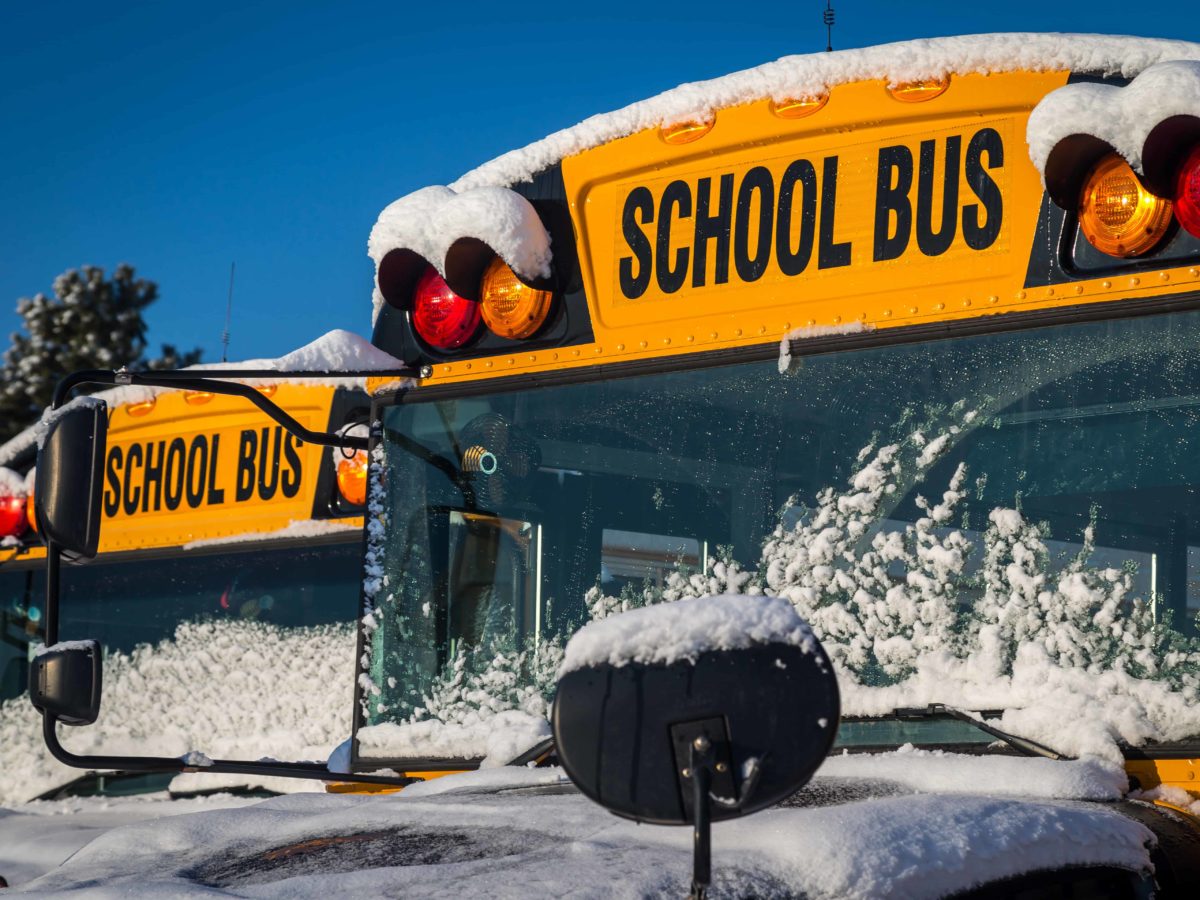
Local education authorities (LEAs) are given the responsibility by the Department of Public Instruction of raising student achievement. Consequently, LEAs are held up to intense public scrutiny regarding the results of their efforts. Therefore, local control over all available resources should be given to those responsible for student achievement.
One of the most over-controlled resources in North Carolina is time.
Local school boards should bear the responsibility of using the calendar to meet the educational needs of the students in their districts.
The 180-day school calendar is centuries old.
The 180-day school calendar is centuries old. Very little about education is the same as it was 150 years ago. Local school boards should be given the flexibility to extend and rearrange the school year without requesting waivers from the State Board of Education. Some students in urban districts may need more time for learning. Some high-poverty districts may need to avoid summer learning loss by rearranging the calendar (Johnson & Spradlin, 2007).
Calendar reform should be based on the quality of learning rather than quantity. Several school districts in North Carolina can expect to lose a week or more of school because of weather conditions. Time made up for weather-related school loss can often be just that: time made up. Precious middle-of-the-year learning time lost due to weather is often tacked on at the end of a school year. If the beginning and ending dates of the school year were determined by local school boards, then a calendar could be created to accommodate anticipated snow days without compromising instruction.
Time for teaching and learning based on tradition, convention, or governing convenience should be examined through the lens of school effectiveness.
As LEAs are charged with improving the quality of education in their districts, so should they be given control over resources. Time for teaching and learning based on tradition, convention, or governing convenience should be examined through the lens of school effectiveness (Weiss & Brown, 2003). Decisions regarding school improvement, including the school calendar, should be made locally.

References
Johnson, S.P. & Spradlin, T. E. (2007). Alternative to the traditional school-year calendar. Education Policy Brief, 5(3), 1-11.
Weiss, J & Brown, R. S. (2003). Telling tales over time: constructing and deconstructing the school calendar. Teachers College Record.
